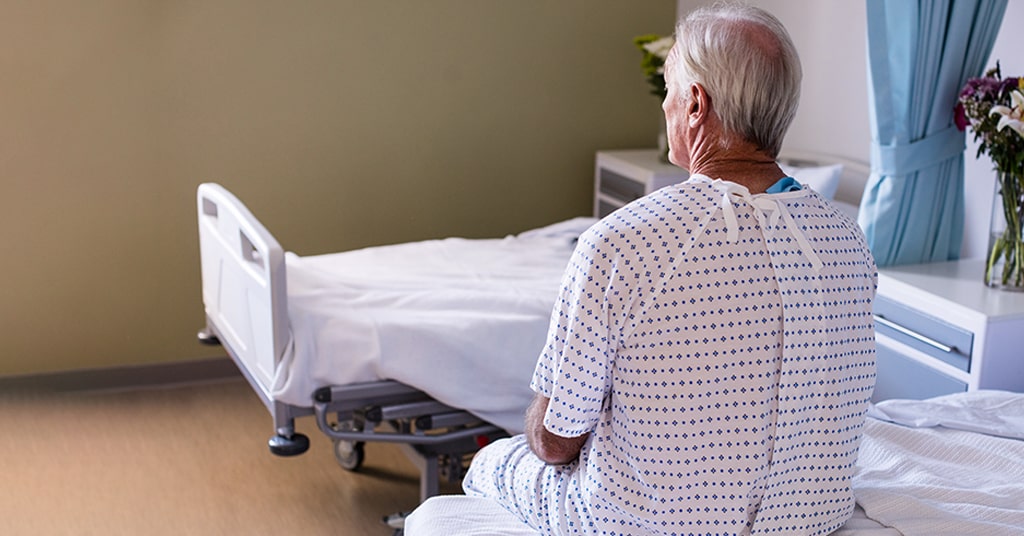
Mr Miroslav from Krupina contracted a nosocomial infection caused by the hospital bacterium Staphylococcus after a surgical procedure in hospital. In the interview he tells us how it happened and what complications the infection caused him.
Nosocomial infections, also known as hospital-acquired infections, affect thousands of patients in Slovakia every year. They are transmitted in hospitals mainly through infected hands, medical equipment, linen or clothing. A number of patients have had to stay in hospital for long periods of time because of a hospital-acquired infection or have brought the unpleasant infection home with them.
An example is Mr Miroslav from Krupina, who after a surgical procedure got a hospital bacterium Staphylococcus in his wound. For several months he had no idea that it was a hospital infection. "I had to undergo a second procedure on the same thumb less than a year later at the surgery, where the doctor told me that the wound was infected with Staphylococcus," says Mr Miroslav.
In the interview, Miroslav also explained how the infection manifested itself in him and how he will protect himself from hospital infections in the future.
"Two years in a row I had an ingrown toenail on my left foot. At the age of 18, I had my toenail surgically corrected. It was a minor procedure where they had to cut and stitch the area. I only had to take painkillers for the toe. After six months, in the summer months, my thumb began to swell, started bleeding regularly, and formed an indentation in the flesh. I had to have a second procedure on the same thumb less than a year later at the surgery, where the doctor told me there was hospital-acquired Staphylococcus bacteria in the wound. I must have gotten that one the last time the doctor performed the procedure, but no one said it out loud."
"I figured it out after I found out it was a hospital bacteria. The doctors didn't tell me, of course, but it definitely happened during the last procedure."
"I have to say that the thumb was already in a very bad way and the bacteria had infected the flesh on the thumb. It was extremely painful to the point of burning and it was an open wound full of blood and pus. Of course, the inflammation was not pleasant especially when I wore closed shoes in the summer months."
"The doctors put me on strong antibiotics for the infection, which I took for almost a month because of the severe inflammation in my body."
"My opinion is that the premises of hospitals should be more sterile and also the clothes and equipment of doctors. It is certainly important that any procedure, whether a small one on hold (as in my case), but also larger procedures, should be under strict hygiene control."
"It's definitely important to be protected by special clothing and, first and foremost, to follow hygiene precautions after coming back from a check-up or any procedure."
In most cases, hospital-acquired infections like Mr Miroslav's can be prevented. Emphasis should be placed on disinfecting hospital surfaces and equipment. Medical staff should be protected with special equipment and appropriate clothing, such as Prolen® Medical antiviral clothing. This will reduce the risk of further infection in hospital facilities.